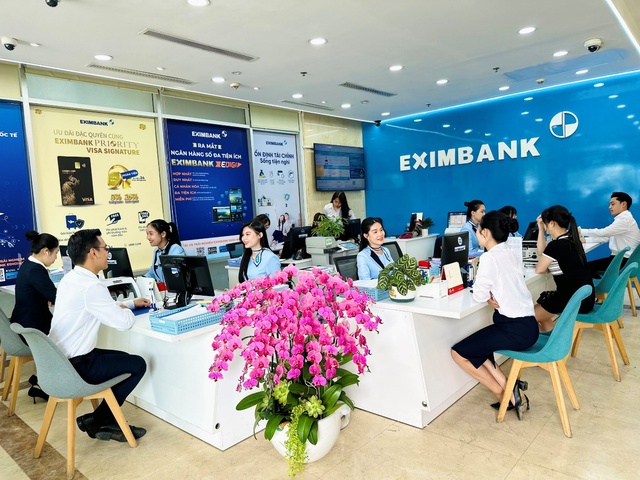Micro, Small, and Medium Enterprises (MSMEs) are the lifeblood of many economies, especially in developing nations. In fact, MSMEs make up 69.3% of the total number of enterprises in the country (1). Due to their small scale, MSMEs are expected to exhibit agility in business by leveraging local labor and raw materials. This enables them to easily enter the market and quickly adapt to economic fluctuations.
However, in reality, MSMEs face numerous challenges. The main reasons stem from limited capital, limited access to technology, and information constraints in seizing opportunities and state support policies. In addition, high production and business costs, debt pressure, and a lack of quality human resources are also significant challenges for MSMEs. These difficulties not only affect the development of individual enterprises but also impact the socio-economic development of the whole country.
Government and Banks Join Hands to Support MSMEs
In the context of increasingly fierce competition in the global economy, the government and banks have simultaneously deployed diverse and practical solutions to reduce financial burdens for MSMEs. These measures go beyond providing preferential credit packages and include debt restructuring, interest rate reductions, and the provision of professional financial consulting services to help businesses sustain operations and develop sustainably.
Notably, the State Bank has directed and closely coordinated with commercial banks to ensure that lending rates are maintained at stable and reasonable levels. This is a crucial factor in enabling MSMEs to access capital easily, thereby allowing them to balance their finances effectively, expand their production and business scale, and actively contribute to the recovery and development of the economy.

The government and banks have provided significant support to MSMEs in the context of digital transformation.
Eximbank’s Tailored Solutions for MSMEs
Following the government’s direction, commercial banks are actively implementing flexible financial solutions to support small-scale businesses. In addition to providing timely capital, banks are offering interest rate incentives through specialized loan packages. Notably, Eximbank has taken the lead in introducing a supplementary business capital loan package for MSMEs, considered a flexible financial solution that meets the diverse needs of small-scale enterprises.

Eximbank’s supplementary business capital loan product is optimized for the practical needs of MSMEs.
With a loan amount of up to 90% of revenue, businesses can confidently invest in expansion, technology upgrades, or fulfill large orders. The preferential interest rate of only 5.25%/year, along with a policy of no prepayment penalty, helps enterprises optimize financial costs. Moreover, the quick approval process, within 8 hours, and modern payment solutions integrated with QR codes save time and enable efficient financial management. Notably, the bank also supports startups through training and consulting programs, paving the way for their success.
With these advantages and favorable conditions, the supplementary business capital loan package demonstrates Eximbank’s strong commitment to accompanying small-scale enterprises on their journey of expansion and development.
Overcoming Challenges in Dealing with Bad Debts
In the newly passed Revised Securities Law, securities companies (SCs) no longer have the privilege to hold collateral. Therefore, SCs need to recognize that debt collection is their responsibility, and they should be extremely strict in assessing borrowers, ensuring compliance with principles, procedures, and conditions before granting loans.
Small to Super Small Businesses Gather Thousands of Orders During the Holiday Season
Small and medium-sized enterprises (SMEs) are opting for e-commerce platforms such as TikTok Shop as a way to enhance customer engagement during the festive season of Tet.




















